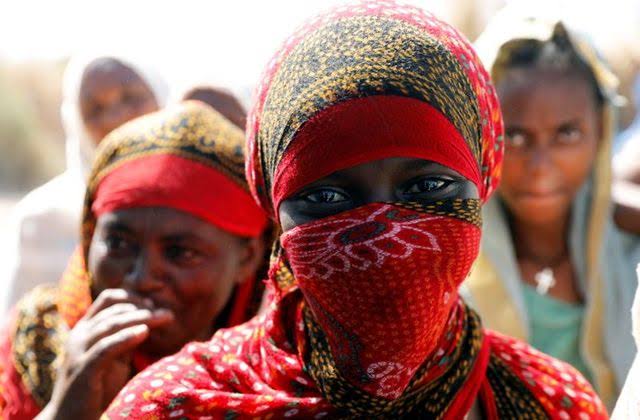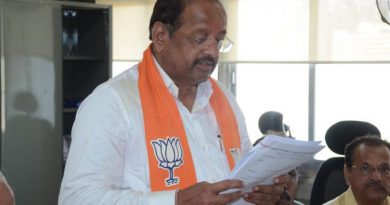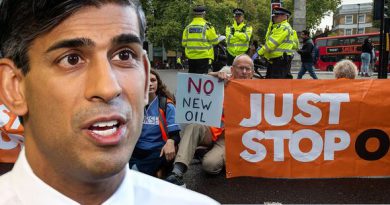U.S. senators seek possible sanctions over Ethiopia conflict abuses
Nairobi (Reuters) – Two U.S. senators have called on their government to consider imposing sanctions on any political or military officials found responsible for human rights violations during a month of conflict in Ethiopia’s northern Tigray region.
The proposed resolution was introduced on Wednesday by Senator Ben Cardin, a Democrat, and Senator Jim Risch, a Republican.
It was the first such call by U.S. lawmakers since war between Ethiopian federal forces and the Tigray People’s Liberation Front (TPLF) broke out on Nov. 4.
The conflict is thought to have killed thousands and displaced more than 950,000 people, according to United Nations estimates, about 50,000 of them into Sudan.
Concern has mounted over reports of civilians targeted by both sides. That poses a policy dilemma for the United States, which considers Ethiopia an important ally in a volatile region, especially against al-Qaeda-linked Islamist militants al Shabaab in neighbouring Somalia.
The government has said it will investigate any reports of atrocities or mass killings, but will only allow independent investigations if it is unable to do them itself.
The Ethiopian army has captured Tigray’s regional capital Mekelle and declared victory but TPLF leaders say they are fighting back on various fronts around the highland city.
The Senate resolution introduced by Cardin and Risch also called on Prime Minister Abiy Ahmed’s government and the TPLF to cease hostilities and pursue a peaceful resolution to the war.
“The ongoing fighting in Tigray has already cost thousands of lives and created a humanitarian crisis of disastrous proportions, threatening the long-term stability not only of Ethiopia, but the entire region,” Cardin said in a statement after the resolution was introduced.
Civilians fleeing fighting in Tigray last month told Reuters that they witnessed bombing by government warplanes, shooting on the streets, and people being hacked to death with machetes.
Rights group Amnesty International said scores and probably hundreds of people were stabbed or hacked to death in the town of Mai Kadra in Tigray less than a week after the war began.
Ethiopia’s state-appointed human rights commission’s initial report found that an estimated 600 civilians were killed in that attack.
Telecoms Claim
Accounts from all sides are difficult to verify because most phone lines and internet connections to the region have been down throughout the conflict. Foreign journalists cannot leave the capital, Addis Ababa, without permits.
On Thursday, state monopoly Ethio-Telecom blamed Tigray’s communications outages on sabotage from outside.
“We have substantial evidence that external entities, other than Ethio-Telecoms security staff, accessed our premises and caused service outage in the North Region,” it said, without naming them or providing evidence.
The CEO and another official at Ethio-Telecom did not respond to requests for comment, but state-run Ethiopia News Agency reported that the assailants wore Tigrayan uniforms.
Aid agencies meanwhile complained of bureaucratic delays to food and other aid deliveries to Tigray, home to more than 5 million people of whom 600,000 relied on food handouts even before the conflict.
The government says it is delivering aid to areas it controls. On Thursday the Ministry of Peace announced that 1.2 million tonnes of food aid, including wheat, had arrived in Mekelle.
U.N. High Commissioner for Human Rights Michelle Bachelet on Wednesday called events in Tigray “worrying and volatile” and and called for independent monitoring of the human rights situation.
Abiy’s spokeswoman Billene Seyoum responded on Thursday that there was “nothing volatile about Tigray or Ethiopia”.
“The federal government is well equipped and able to restore order and is undertaking such activities as cities and towns slowly return to regular activities,” she said.
A U.N. team visiting refugees in Tigray was shot at over the weekend. The government said it had failed to stop at two checkpoints.
In response to that, another U.S. Senator, Bob Menendez said in a tweet: “Attacks on humanitarians must STOP. Refugees & all civilians must be PROTECTED.”
On Wednesday U.N. Secretary-General Antonio Guterres said Ethiopia and the United Nations had now agreed on joint missions to assess humanitarian needs.



